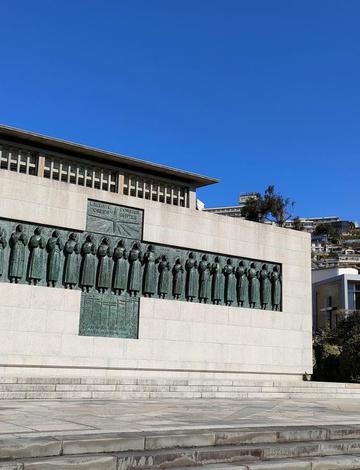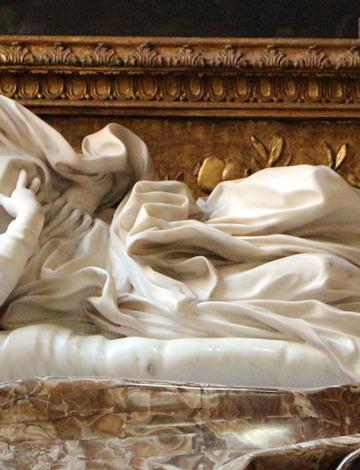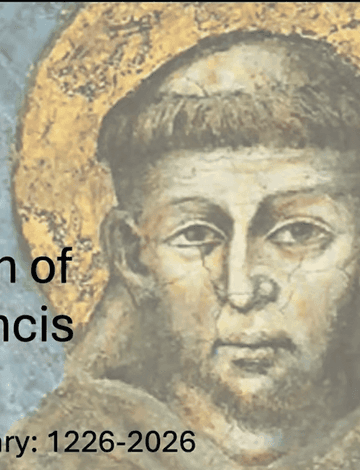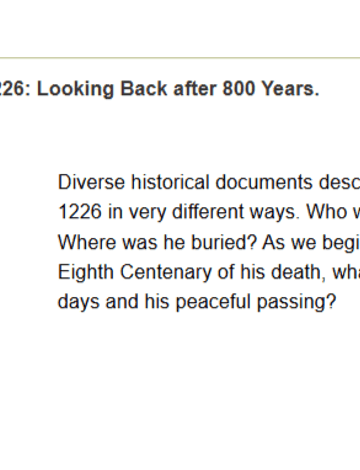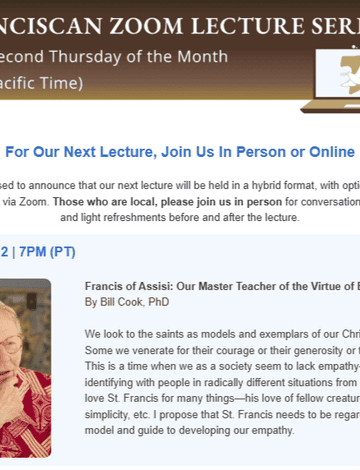
In this presentation, Bill Cook, PhD, will suggest that St. Francis needs to be regarded as a model and guide to developing our empathy.

In this presentation, Bill Cook, PhD, will suggest that St. Francis needs to be regarded as a model and guide to developing our empathy.
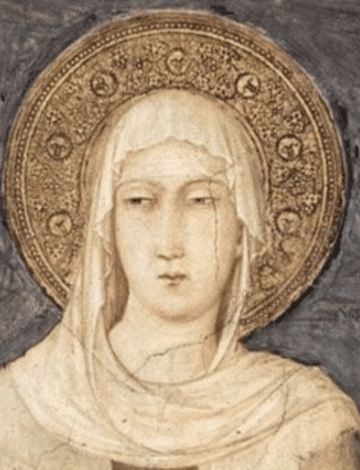
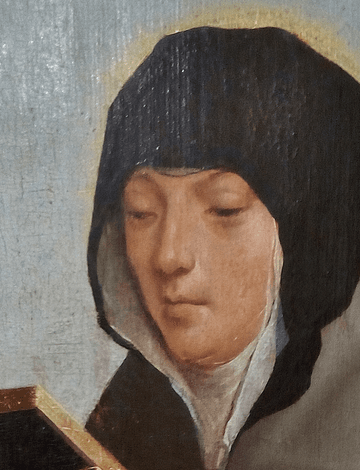
On February 8, Franciscans honor the memory of Blessed Jacoba (or Jacopa) di Settesoli (c. 1190-1238), a Roman lay woman of an aristocratic family who became a close friend and supporter of St. Francis.
On February 7, the Franciscan family celebrates the memory of Saint Colette (1381–1447), who led a major reform effort among Franciscans.
On February 6, Christians celebrate the memory of the first Japanese martyrs – 26 Franciscans and Jesuits crucified at Nagasaki in 1597.
On January 31, Franciscans remember Blessed Ludovica (Louise) Albertoni (1473-1533), renowned for her works of charity and deep mystical union with God.
"The Death of St. Francis in 1226: Looking Back after 800 Years" by Br. Bill Short, OFM is the latest lecture of the Franciscan Zoom Lecture Series, hosted by the Franciscan School of Theology at the University of San Diego.
"Franciscan-hearted People and the So-Called 'The Fourth Order:' The Tradition of Lay Franciscans" by Darleen Pryds, PhD is the latest lecture of the Franciscan Zoom Lecture Series, hosted by the Franciscan School of Theology at the University of San Diego.
"Fratelli Tutti as a Framework for Catholic Mental Health Ministry" by Wendell Callahan, PhD, is the latest lecture of the Franciscan Zoom Lecture Series, hosted by the Franciscan School of Theology at the University of San Diego.
In this presentation, Bill Cook, PhD, will suggest that St. Francis needs to be regarded as a model and guide to developing our empathy.
In this first presentation of our four-part series, facilitated by Darleen Pryds, we will look at the final years of Francis’ life, when his spiritual conversion reached completion. In this series, we will reflect on the process of ongoing conversion in our own lives by using stories from Francis’ life.
In this presentation, William Short, OFM will discuss what we can learn about St. Francis and his peaceful passing eight hundred years after his death.
